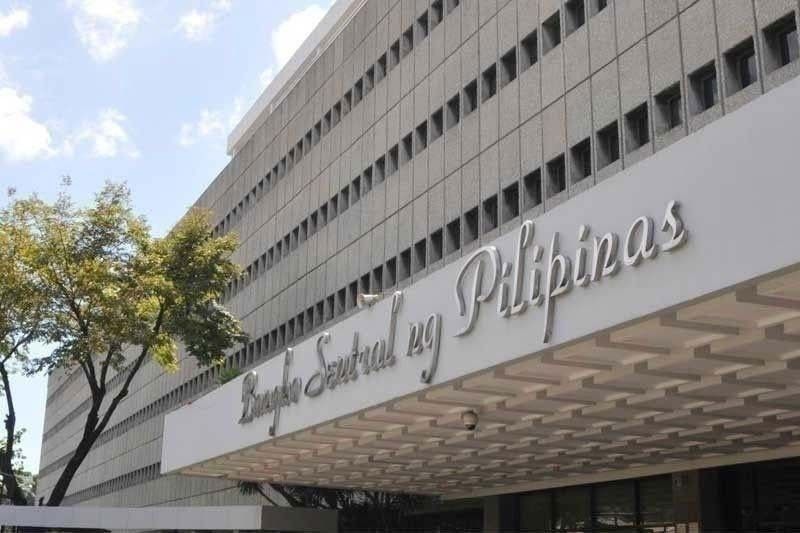BSP likely to keep policy rates steady

MANILA, Philippines — The Bangko Sentral ng Pilipinas (BSP) is widely expected to keep the key interest rate at its current level on Thursday to mitigate possible inflationary pressures and to support the peso against the dollar.
Sunny Liu, lead economist at Oxford Economics, said the BSP will likely keep the target reverse repurchase rate at a 17-year high of 6.5 percent during its meeting on June 27.
“We think inflation pressures and the weak currency will continue to constrain the capability of the BSP to cut interest rates,” she said, adding that the BSP is expected to start easing by the fourth quarter. However, it may cut earlier this year if inflationary pressures are under control.
Bank of the Philippine Islands (BPI) lead economist Jun Neri said it is unlikely for the BSP’s Monetary Board to change its policy settings on Thursday, but their post-meeting statement may continue to be less hawkish than their rhetoric early this year.
“The BSP can afford a more dovish slant on Thursday following downside surprises on headline inflation prints for April and May. Lower power prices and slower annual increases in rice prices for June may actually lead the BSP to increasingly hint on an August rate cut,” he said.
Inflation rose to a six-month high in May, picking up to 3.9 percent from 3.8 percent in April. Year to date, inflation averaged 3.5 percent and remains within the government’s two to four percent target.
Neri said if headline inflation falls below four percent in July, the BSP may gain enough confidence to signal another rate cut in October.
Meanwhile, Philippine National Bank economist Alvin Arogo said the BSP will continue to stand pat this week mainly due to the gradual acceleration in inflation over the past four months.
“We have a baseline view that the domestic policy rate could be reduced by 25 basis points each in October and December,” he said.
“This assumes that inflation will sustainably settle within the two to four percent target range starting August, the likelihood of which has been bolstered by the rice tariff reduction.”
President Marcos has lowered the tariff for rice, for both in- and out-quota rates, to 15 percent from 35 percent until 2028.
Arogo added that the US Federal Reserve would cut interest rates by 25 basis points each in September and December, noting that the BSP should not ease ahead of the Fed to prevent further peso weakness.
Security Bank chief economist Robert Dan Roces said keeping interest rates on Thursday will be influenced by the depreciation of the peso against the dollar.
“The peso’s fragility, exacerbated by external economic pressures and capital outflows, makes a compelling case for maintaining higher interest rates to support the currency and mitigate potential inflationary pressures from further depreciation,” he said.
The Fed’s monetary policy rhetoric could also influence the BSP’s policy stance, Roces said.
“Synchronized actions may be necessary to manage cross-border financial stability and prevent disruptive capital movements. Hence, a pause in rate changes would provide BSP with an opportunity to assess the impacts of global monetary shifts while addressing domestic economic vulnerabilities linked to currency performance and delayed disinflation,” he added.
The Philippine peso breached the 58 to $1 level last month and has been hovering near the record low of 59 to $1 amid hawkish remarks from officials of the US central bank.
The peso closed at 58.80 to $1 on Friday, down by two centavos from its previous finish. It marked the currency’s weakest level in nearly 20 months or since closing at 58.87 to $1 on Oct. 24, 2022.
According to BPI’s Neri, the depreciation of currencies against the dollar last week is a regional trend.
“Many emerging market currencies are at or hit new all time lows versus the dollar last week as many of their central banks are planning to cut rates just as the US Federal Reserve is seen to stay neutral for a few more months,” he said.
- Latest
- Trending





























